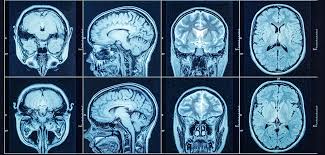- +852 4750 3485
- info@mycancerinfo.org

A Computed Tomography (CT) scan is an imaging test that uses a combination of X-rays and computer technology to create detailed, cross-sectional images of the body. Unlike regular X-rays, CT scans show both soft tissues and bones with much greater clarity, almost like looking at slices of the body.
Learn how liquid biopsy and chemo sensitivity testing can personalize your treatment plan.
Gain knowledge to actively participate in treatment discussions with your healthcare team.
Discover how precision medicine and metabolic therapies can enhance treatment effectiveness.
Empower yourself with knowledge about precision metabolic oncology and take an active role in your cancer care journey.
Our team of oncology experts is here to help you understand your diagnosis and treatment options.